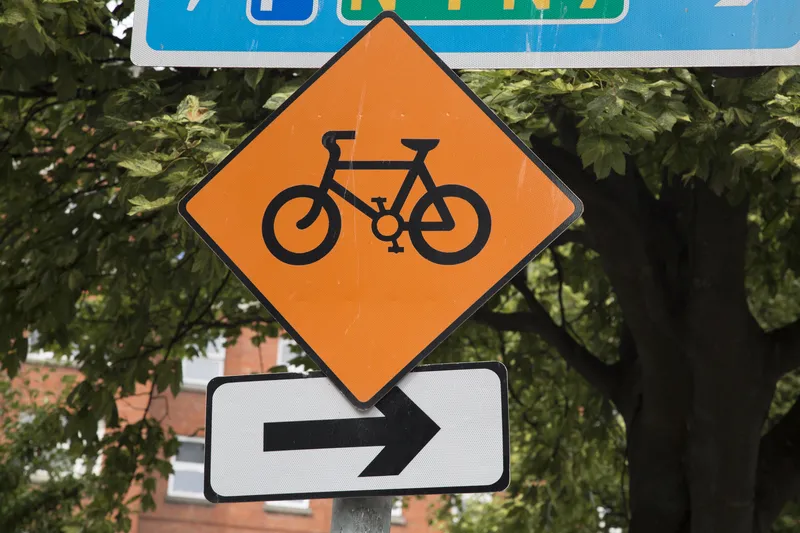The company’s annual Global Traffic Scorecard found that road users in the Russian capital lost 210 hours last year because of congestion.
Inrix weights the data for population, and found that the next four cities on the congestion roll-call were Istanbul, Turkey; Bogota, Colombia; Mexico City; and São Paulo, Brazil.
Brazil had another entry on this unwanted list, with Rio de Janeiro in seventh place. Russia’s St Petersburg came in ninth.
“The dominance of Latin American cities should not be a surprise due to their rapid urbanisation, high levels of informal settlements, unforgiving topographies and financial volatility,” Inrix suggests.
The top 10 was completed by London, UK (sixth); Boston, US (eighth); and Italian capital Rome (tenth).
Although not featuring in the top 10, Dublin, Ireland received its own dubious accolade: it has the slowest city centre speeds in the world, Inrix says, with an average of just 6mph during peak hours. This means it would almost be quicker to walk at certain times, and certainly makes cycling look like an attractive option for commuters.
Edinburgh and London tied for the title of UK’s slowest city, with last-mile speeds of 7mph.
Moscow is world’s most gridlocked city, says Inrix
Moscow is the most gridlocked city in the world, according to a survey of snarl-ups by Inrix.
The company’s annual Global Traffic Scorecard found that road users in the Russian capital lost 210 hours last year because of congestion.
Inrix weights the data for population, and found that the next four cities on the congestion roll-call were Istanbul, Turkey; Bogota, Colombia; Mexico City; and São Paulo, Brazil.
Brazil had another entry on this unwanted list, with Rio de Janeiro in seventh place. Russ
February 21, 2019
Read time: 2 mins
Moscow is the most gridlocked city in the world, according to a survey of snarl-ups by 163 Inrix.







